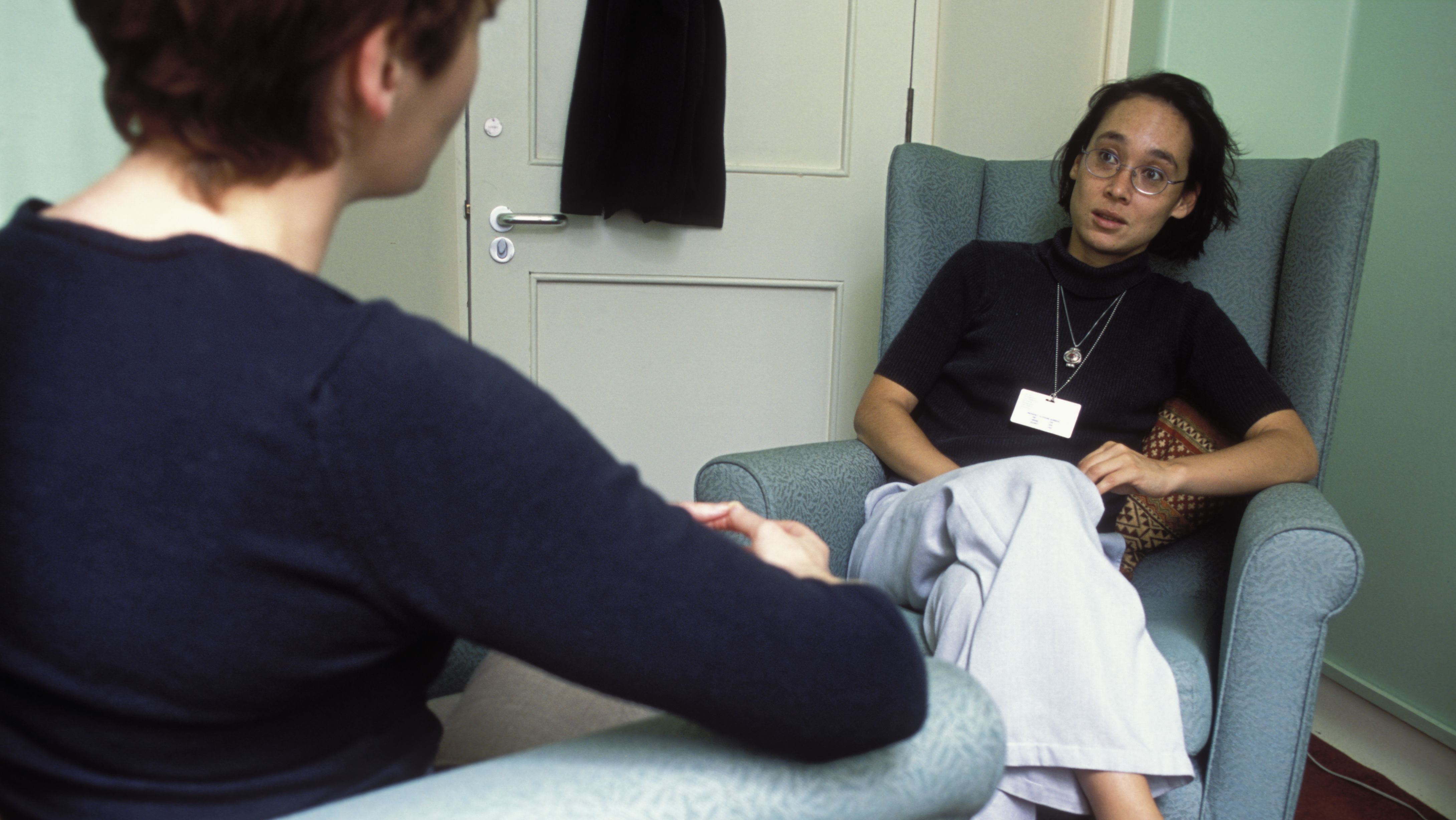Kingston University is spending over £1 million a year on mental health services, alongside other universities in the UK.
According to information gathered by Sir Norman Lamb, former Minister of Health and mental health campaigner, while other universities have spent less than half their budget on mental health services such as counselling, Kingston University, as well as Bristol and Sussex, spent more on their wellbeing services.
Responses from 110 universities said that they did not monitor how their wellbeing services were being used or whether they were up to standard.
A recent survey from Student Beans, said that students are having to wait almost two months to speak to an on-campus mental health specialist and one-third of those were waiting for an appointment cancelled due to the waiting period.
The survey also showed that 40 per cent of students have not spoken to anyone about their mental health issues.
From those who struggled with their mental health 41 per cent have considered dropping out of their university.
A Kingston University spokesperson said: “The Student Wellbeing Service offers appointments for students to discuss their individual situation confidentially with a counsellor or mental health adviser.”
Third year English language and linguistics with creative writing student Jasmine Barrett said she found booking an appointment “pretty straightforward”, but the service could only do so much.
“They couldn’t offer me more in-depth cognitive behaviour therapy (CBT) as I didn’t want to change my doctor’s surgery from the one in my hometown, but they offered me six weeks of counselling regardless which was great, and my counsellor definitely used some CBT approaches,” she said.
Kingston University student ambassador, Emma Campbell feels that the wellbeing services are not well advertised and not many people know about them or how to access them.
She also added that the number of sessions were limited: “There is a maximum of five sessions which isn’t nearly long enough when you consider a lot of these sessions are going to be dedicated to becoming comfortable enough to properly open up about your struggles and then the five hourly sessions usually work out at a lot less than an hour per session.”
Other alternatives include private counselling through the NHS which can vary from £10 to £70, or calling mental health charities such as the Samaritans.

